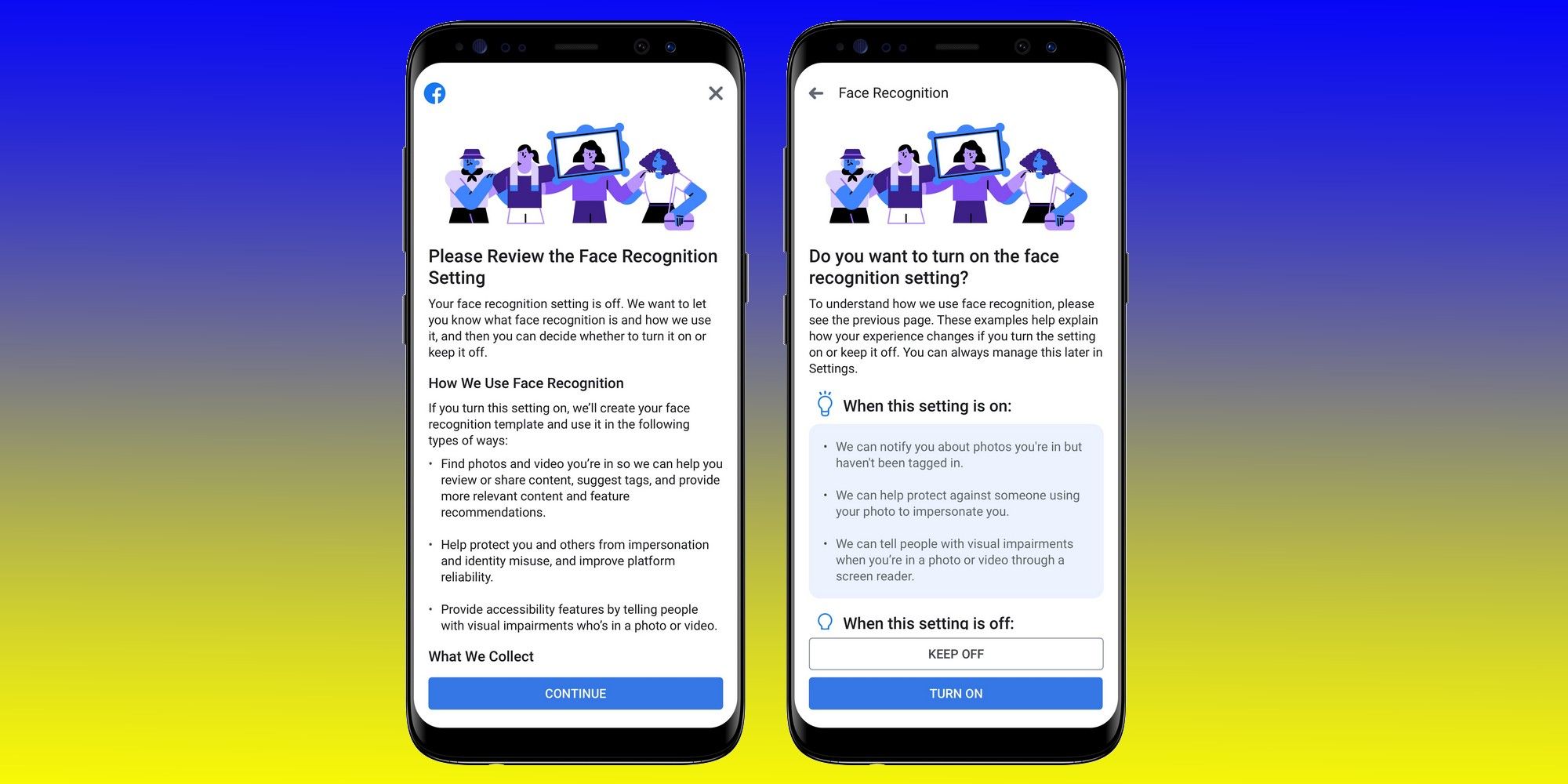Facebook introduced a facial recognition system for photo tagging back in 2010, but the company will shut it down in the coming weeks, citing societal concerns around a technology that has raised alarms over abusive use by bad actors and authorities. Over a decade ago, Facebook started using facial recognition technology to identify faces in pictures. Facebook developed the system in-house and rolled it out with a ‘Tag Suggestions’ feature that automatically detects faces and tell users who to tag in photos.
In 2017, Facebook — now known as Meta — upgraded the feature by allowing the facial recognition system to alert users when someone shared their photos on the platform. However, the feature raised more than a few eyebrows, especially given the company’s track record around privacy. With the Cambridge Analytica scandal coming to light the next year, the implementation of facial recognition tech attracted even more critical attention.
Meta has now decided to shut down the system by removing the Facial Recognition setting option from the Facebook platform to limit its usage. In an official blog post, Meta’s VP of Artificial Intelligence Jerome Pesenti explained that the company is killing the facial recognition system over societal concerns. In addition, the company will also be deleting the facial recognition templates of over one billion faces. The blog post doesn’t mention Meta’s own questionable Facebook past with the tech, but the company was made to pay a cool $550 million in a lawsuit alleging that the facial recognition feature violated the Illinois state’s privacy laws in 2018, according to the BBC. On a related note, the company’s Ray-Ban Stories have also drawn regulatory scrutiny over their potential use for intruding on someone’s privacy. The white LED light has attracted special attention with concerned folks arguing that it might not be an effective indicator to let others that they are being captured on video.
Facebook Acting Responsibly, But Not Before A Fiasco

Meta says that the move represents “one of the largest shifts in facial recognition usage in the technology’s history.” The company — which is now betting its future on building a metaverse — claims that almost one-third of all Facebook daily active users enabled facial recognition, but the company has now decided to shut it down after “careful consideration.” For perspective, this is the same company that was allegedly well aware of Instagram’s toxic effect on the mental health of teen users, but reportedly ignored all the red flags and marched ahead with profitability as its top priority.
With the facial recognition system going away, the tech will no longer recognize faces in photos, videos, and Memories. It will also no longer be accessible for seeing a suggested tag with the names of users in shared media. Instead, users will now have to manually tag their friends and family members when they post photos and videos. Another trade-off comes in the accessibility department. For users with visual impairment, the tech was used to create descriptions about people appearing in a photo by matching them against the facial recognition templates saved on its servers.
For those that opted to automatically scan their photos, Meta will be deleting the facial scanning template. However, the company says that it will continue to explore positive use case scenarios for facial recognition technology, such as helping people gain access to locked accounts, unlocking a personal device, or verifying their identity for processes involving the sale or purchase of items. The latter will be a part of the metaverse scheme, as Meta wants it to be a space where users can maintain a storefront for selling digital items. While Meta provided a flashy demonstration of this particular metaverse aspect during the Facebook Connect event last week, early metaverse pioneers aren’t too psyched about the social media giant elbowing its way into the industry.



